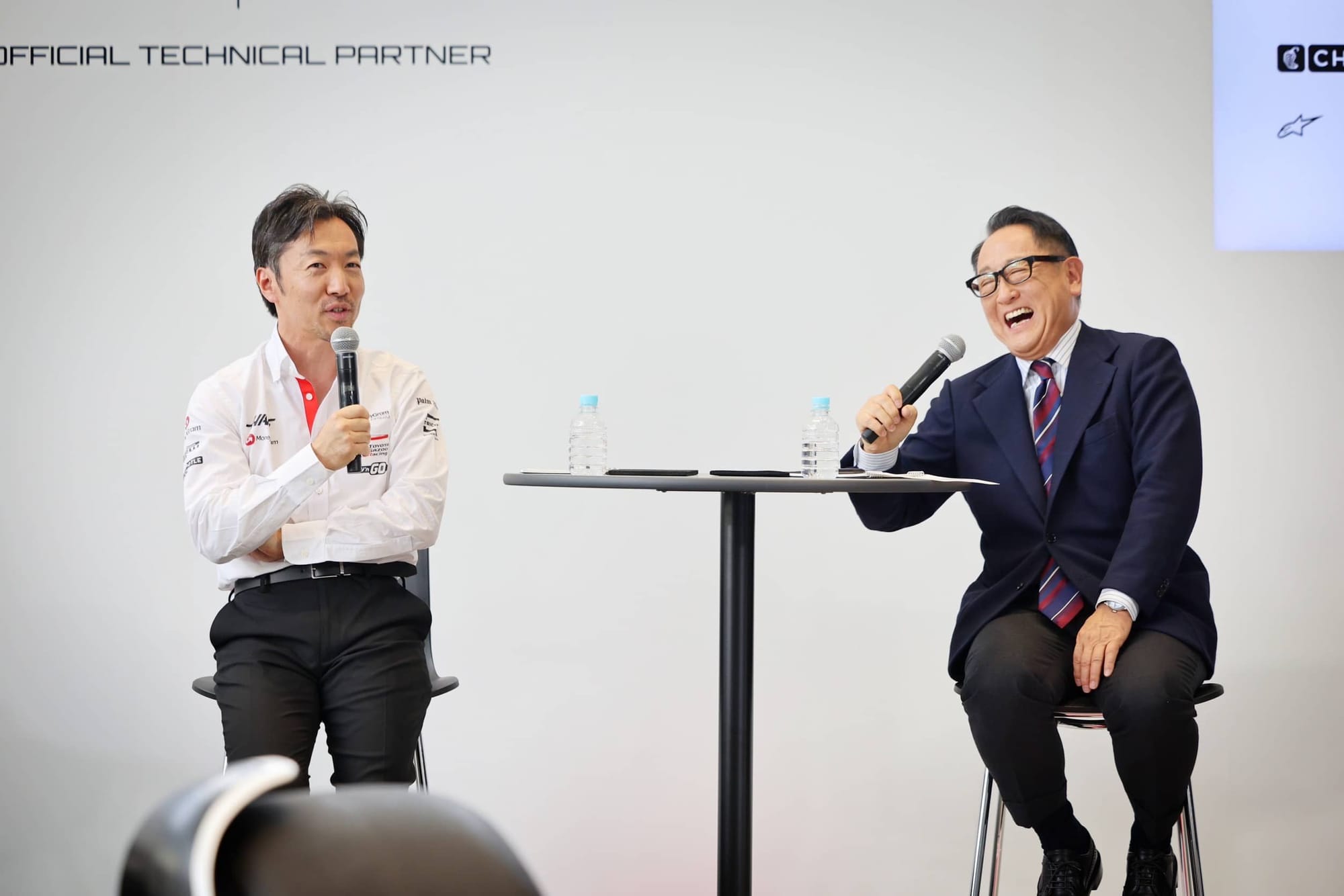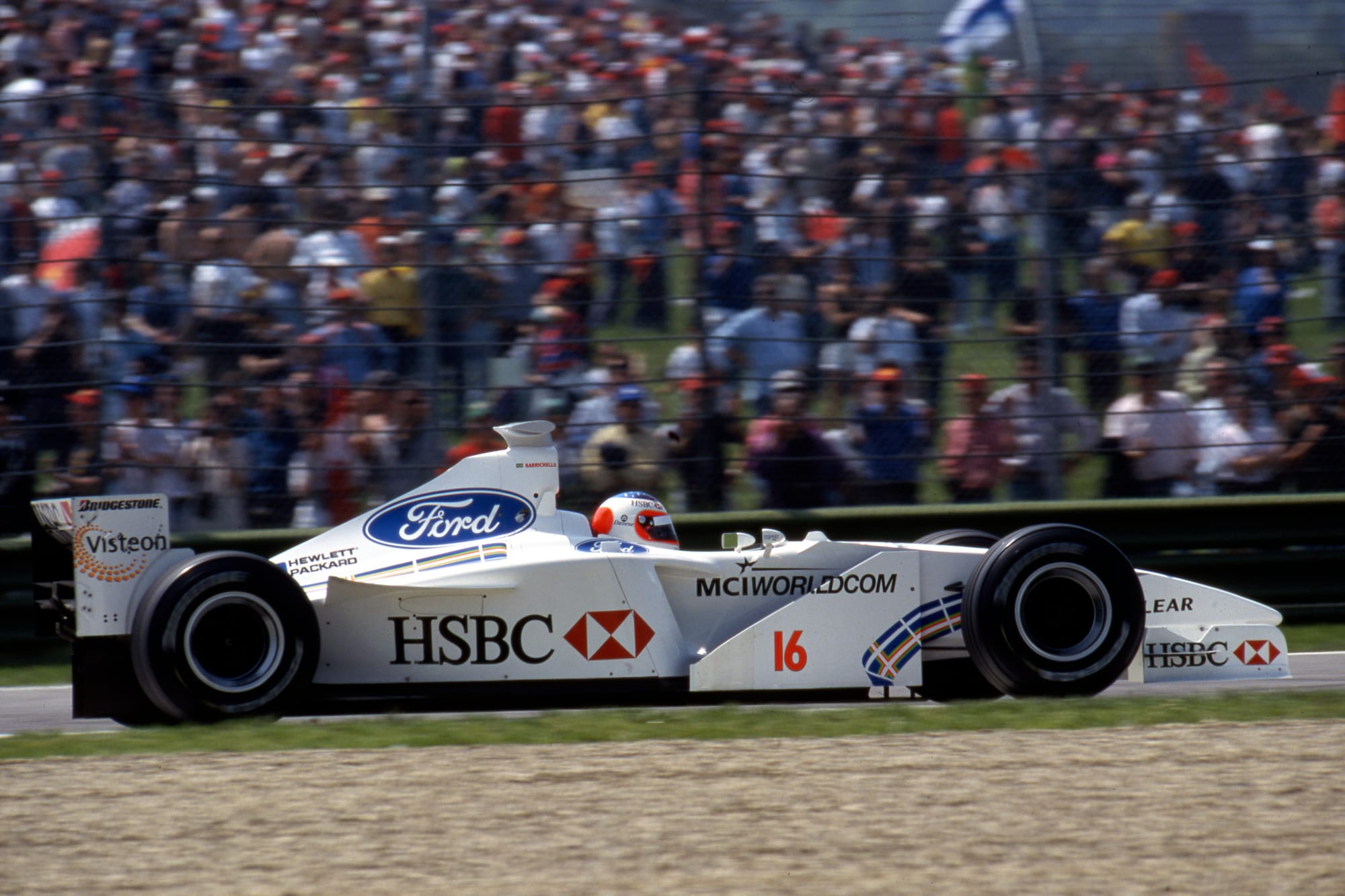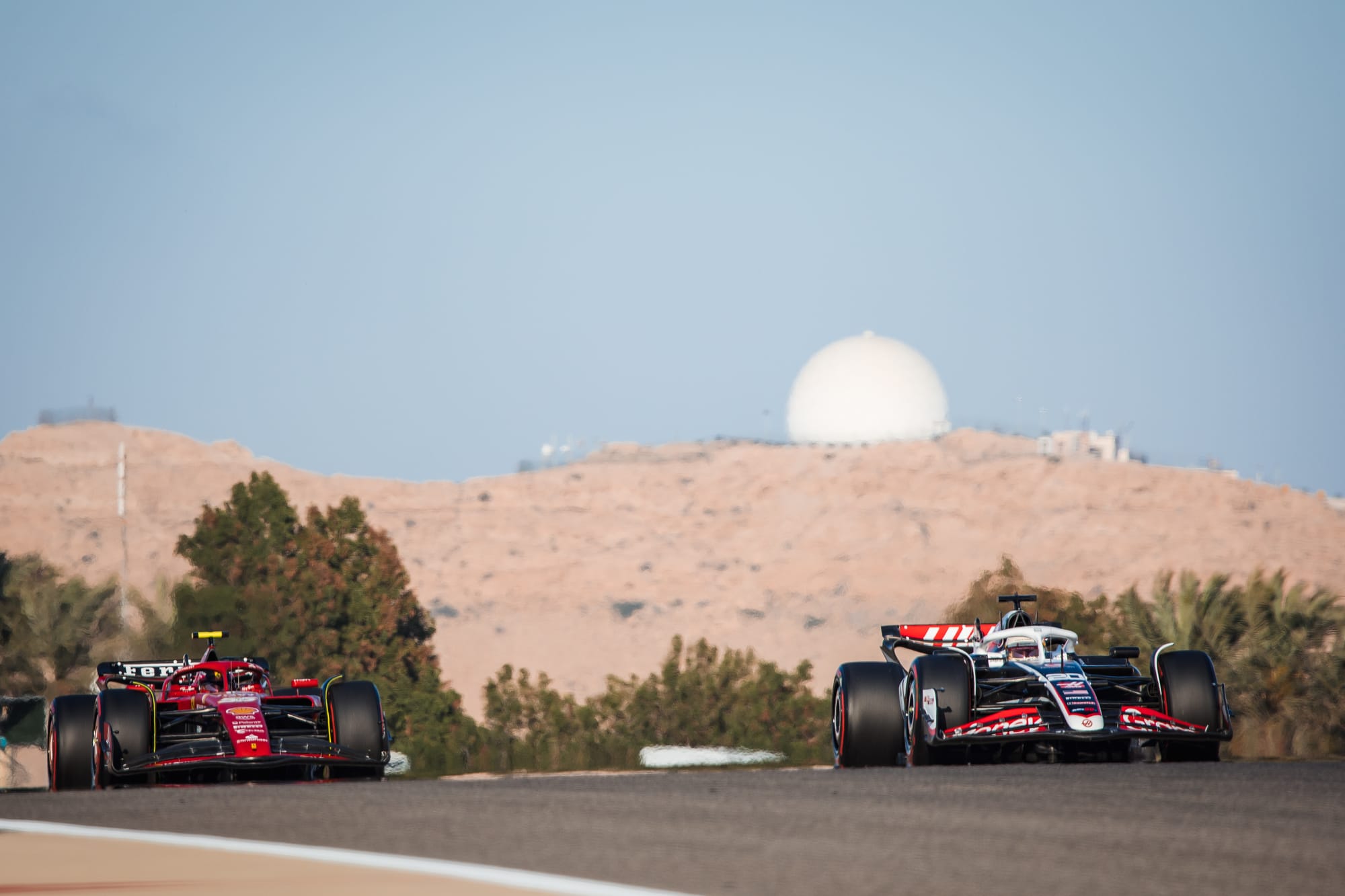

This new Haas - Toyota Gazoo Racing "technical partnership" could become a very positive step for Haas’s Formula 1 future, but that's all going to depend on how effectively it's managed and the integration with its current partners Ferrari and Dallara.
Haas as a team was already split into four units, with a headquarters in Kannapolis, North Carolina, a factory and car preparation workshop in Banbury in the UK, a design facility at Ferrari's Maranello base - with parts supplied by Dallara's base in northern Italy.
Now it's adding "design, technical and manufacturing services" from Toyota's highly-successful motorsport arm Toyota Gazoo Racing (TGR), which has its European headquarters in Cologne, Germany. Toyota is also placing an on-site simulator at Haas's UK base, a first for the team.
And it's going to help fund Haas's first-ever testing of previous cars (TPC) programme that many of its rivals enjoy the benefit of. That means Haas will be able to test a current generation 2022 car or its VF-23 next year at select private test days.
Keeping that all joined up and steering it in a positive direction will be no easy task for Haas team boss Ayao Komatsu and his senior Haas colleagues.

In my time it was about synergy between a chassis manufacturing side and an engine company. Working together was critical to the overall performance of the team and if they didn’t pull together in one direction you could very easily slip backwards.
For example, adding a third party to the Stewart-Cosworth relationship, when Ford bought out Stewart at the end of 1999 to create Jaguar was, in my opinion, a dilution of resources as opposed to something that would strengthen them.

It just meant more time was used up in communication as opposed to just getting stuff done. That's particularly the case when you're working with communication across different timezones and different working cultures.
Having visited the Toyota facility in Cologne a couple of times I have to say it is impressive.
However it does show that money does not equal success given Toyota never won a race in the eight years it raced in F1.
But Toyota is a company that invested in the kit to make sure it could cope with anything that was thrown at it. Even then, you need to know how to react to the curveballs and that comes from the personnel you employ - not just the tools.
As for the Ferrari and Toyota relationship, I suppose the two of them are happy enough to work together. Technology will inevitably transfer between them but in today’s current interwoven car manufacturing industry, does that really matter?
You could say it’s not much different to Mercedes, Aston Martin (before it switches to Honda in 2026), McLaren and Williams all using Mercedes power units. So too Ferrari, Haas and what was branded Alfa Romeo for several years using Ferrari engines. Red Bull and its sister team RB using new in-house engines from 2026 are perhaps the exception.
But given we don't see under the bodywork of any of these cars in detail to recognise the differences in the engine packages, who is to say how different they really are?

Either way, there will be a Ferrari engine powering the Haas that's been built across Haas's own design team with assistance from Toyota, and as many Ferrari parts as the rules allow.
Managing the egos of all those people and more importantly, the management of each of the companies, will make or break this relationship.
If Komatsu and his team manage it well and Gene Haas has financed it accordingly, Haas-Toyota could become a powerhouse.
Manage it badly, and it could very quickly become a nightmare.
